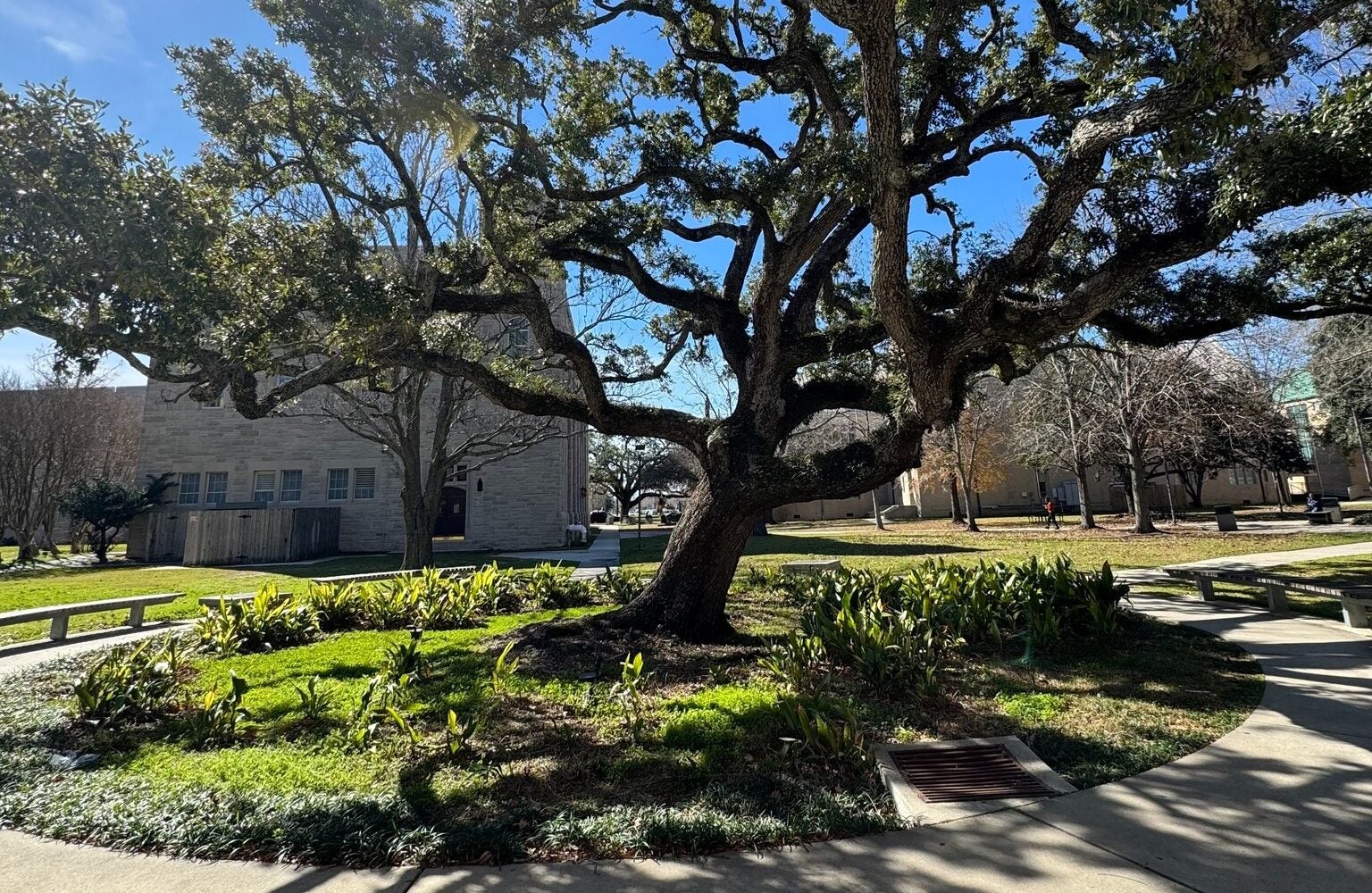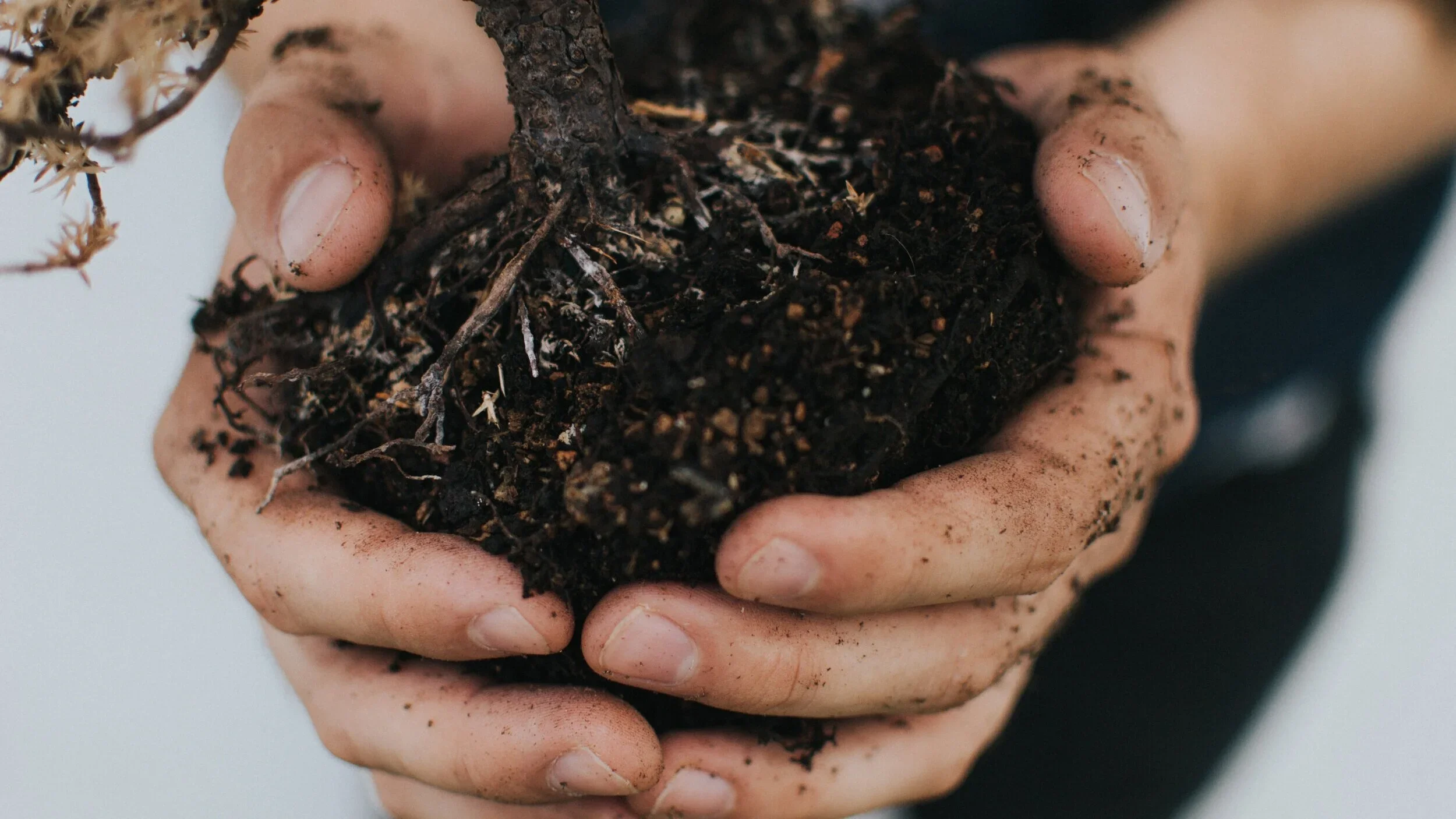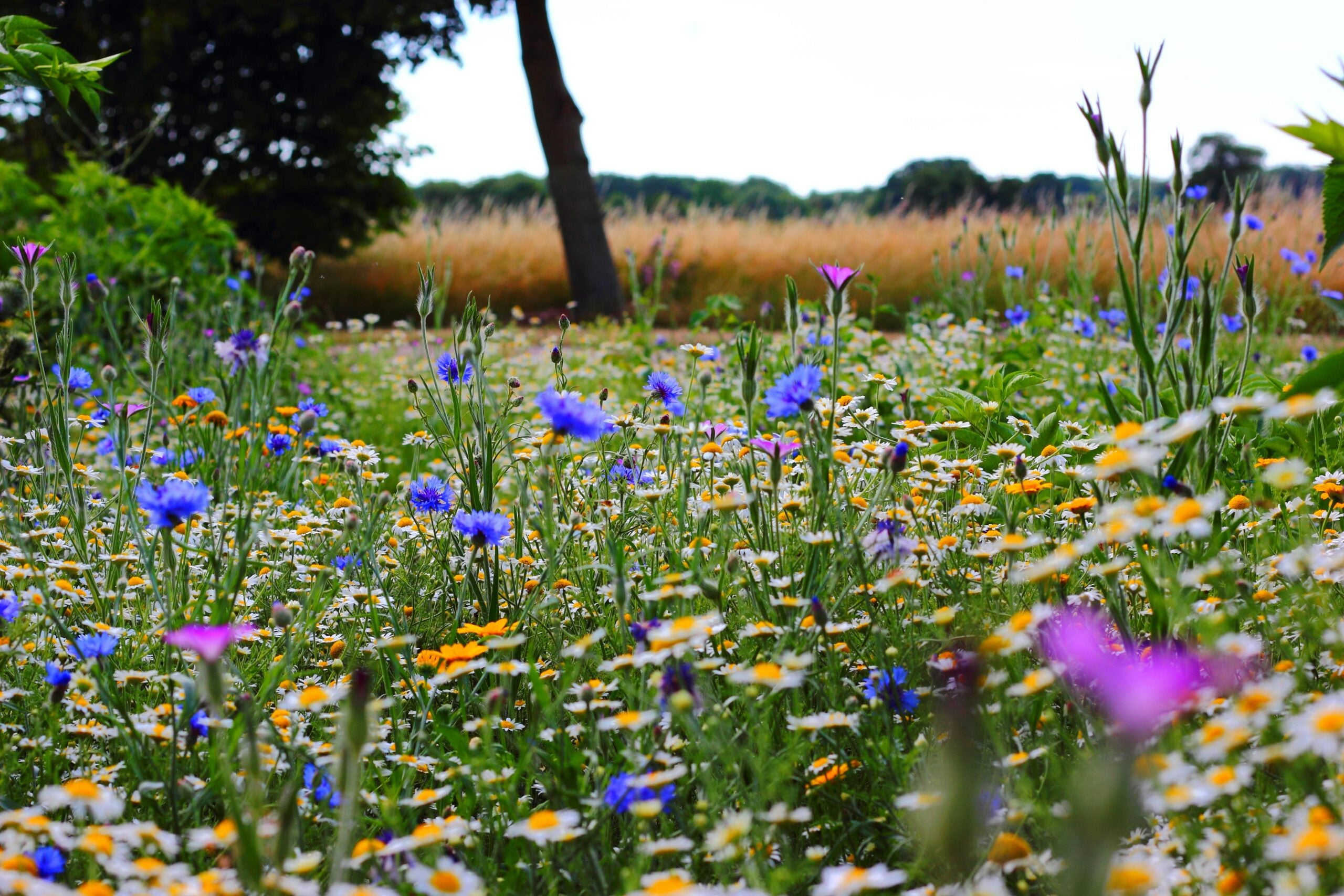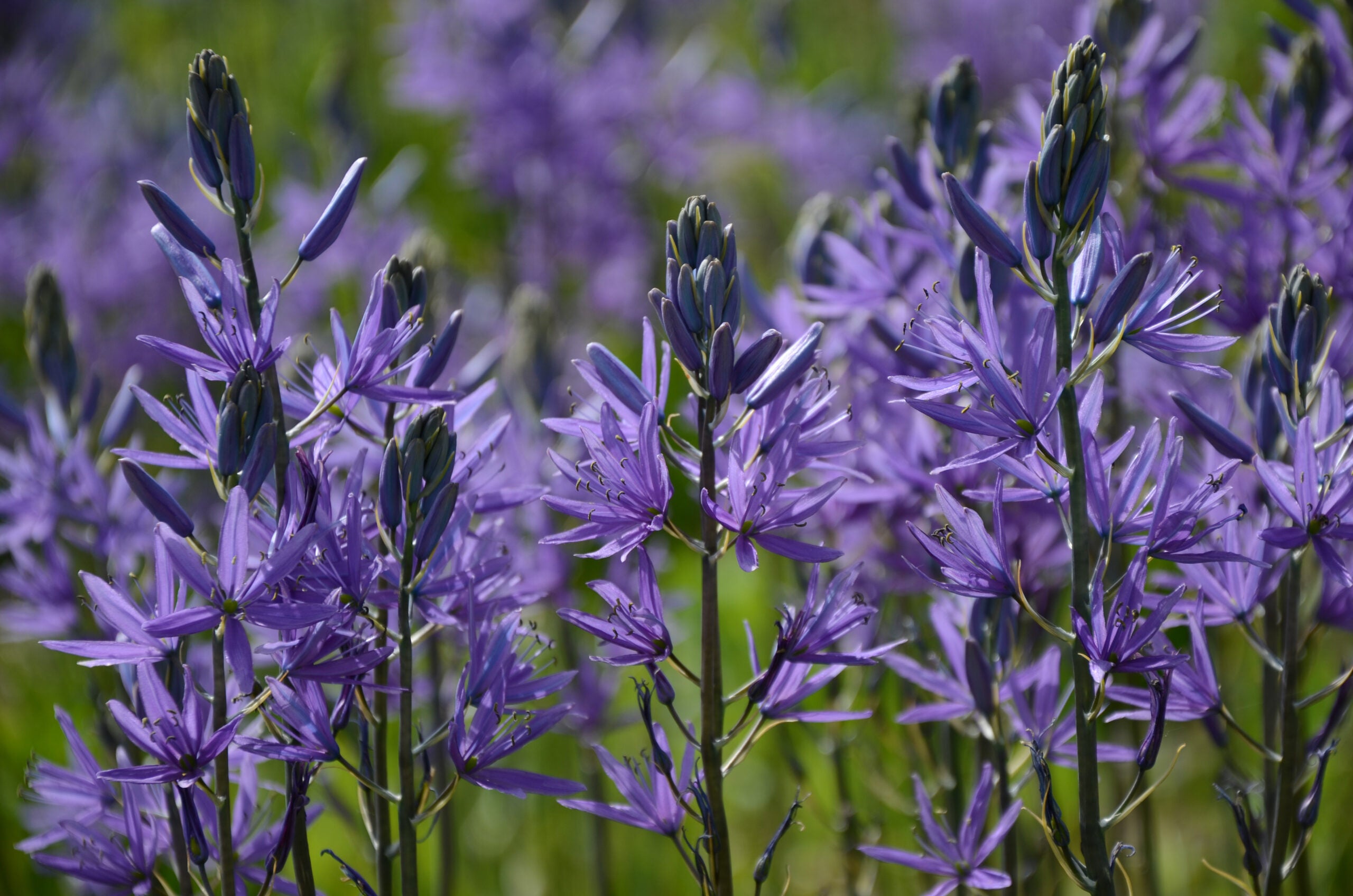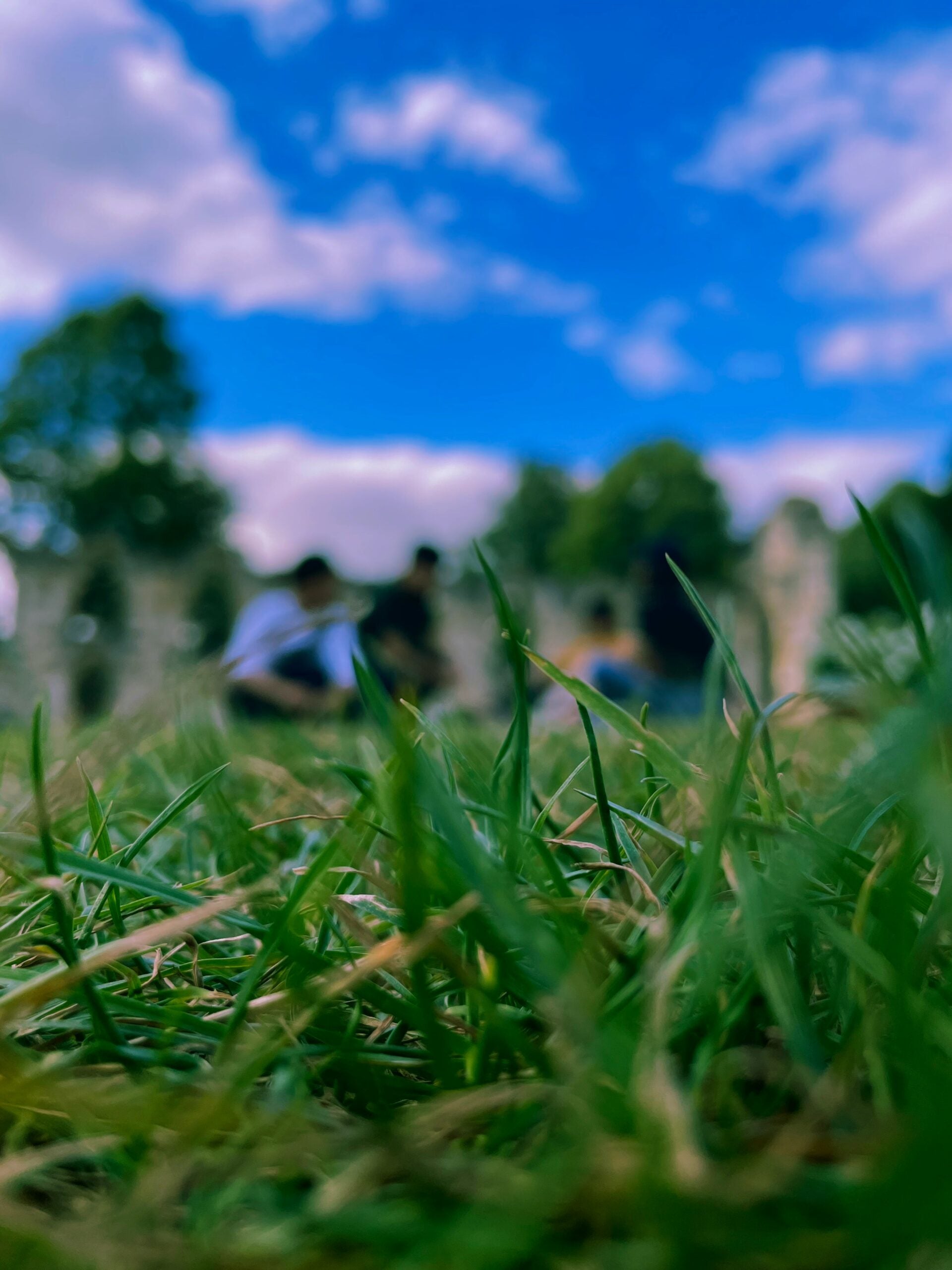Our Roots
Re:wild Your Campus began with two Berkeley students who refused to accept toxic pesticides as part of campus life. What started as a simple request to stop spraying near their volleyball court grew into a powerful campaign.
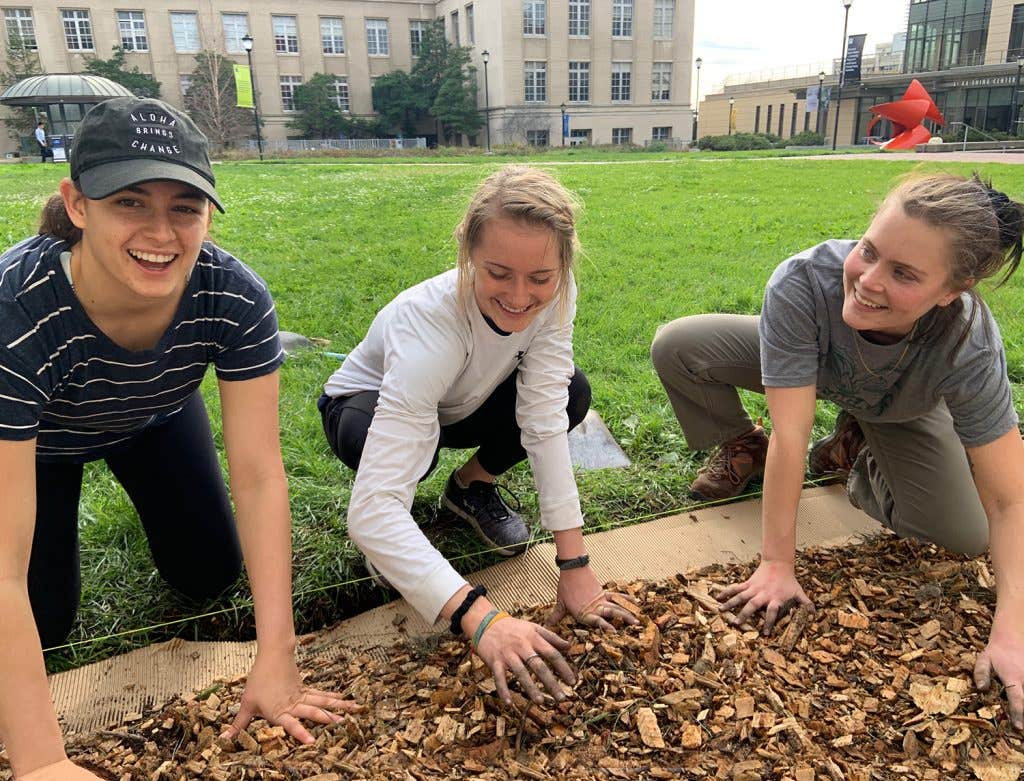
Where It Began
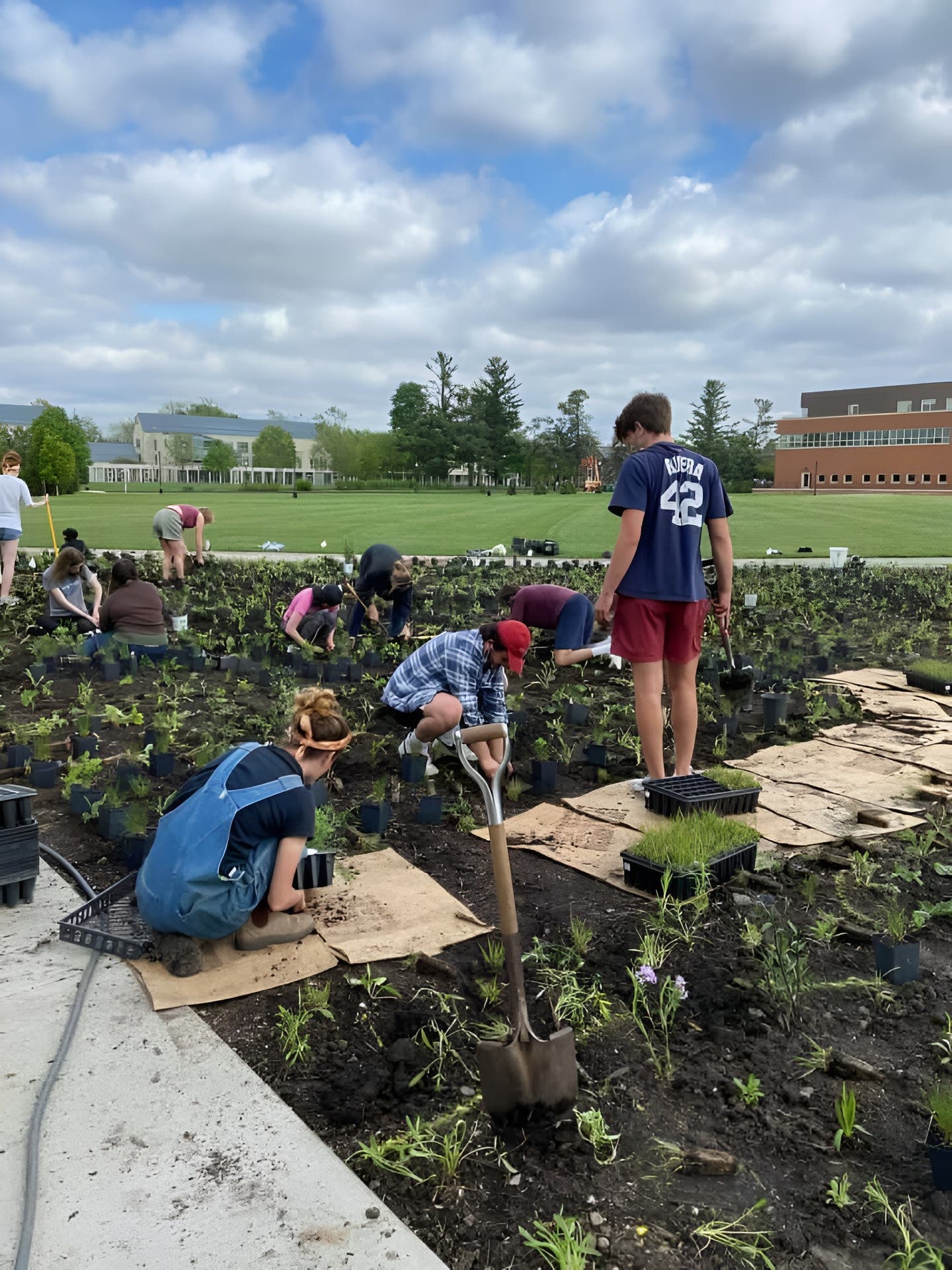
Lasting Change
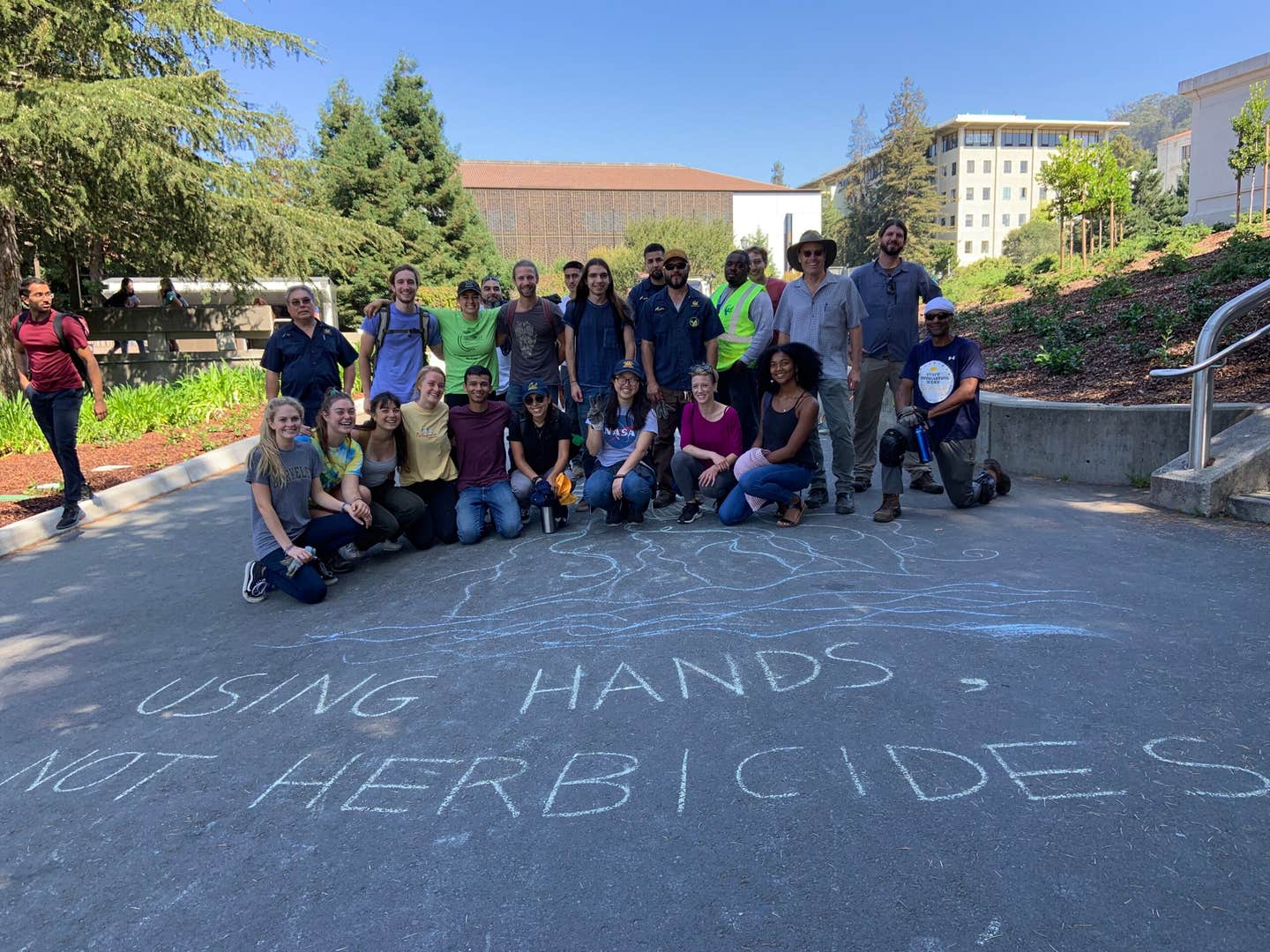
Becoming Re:wild Your Campus
Hear Mackenzie's Storyopens in new tab